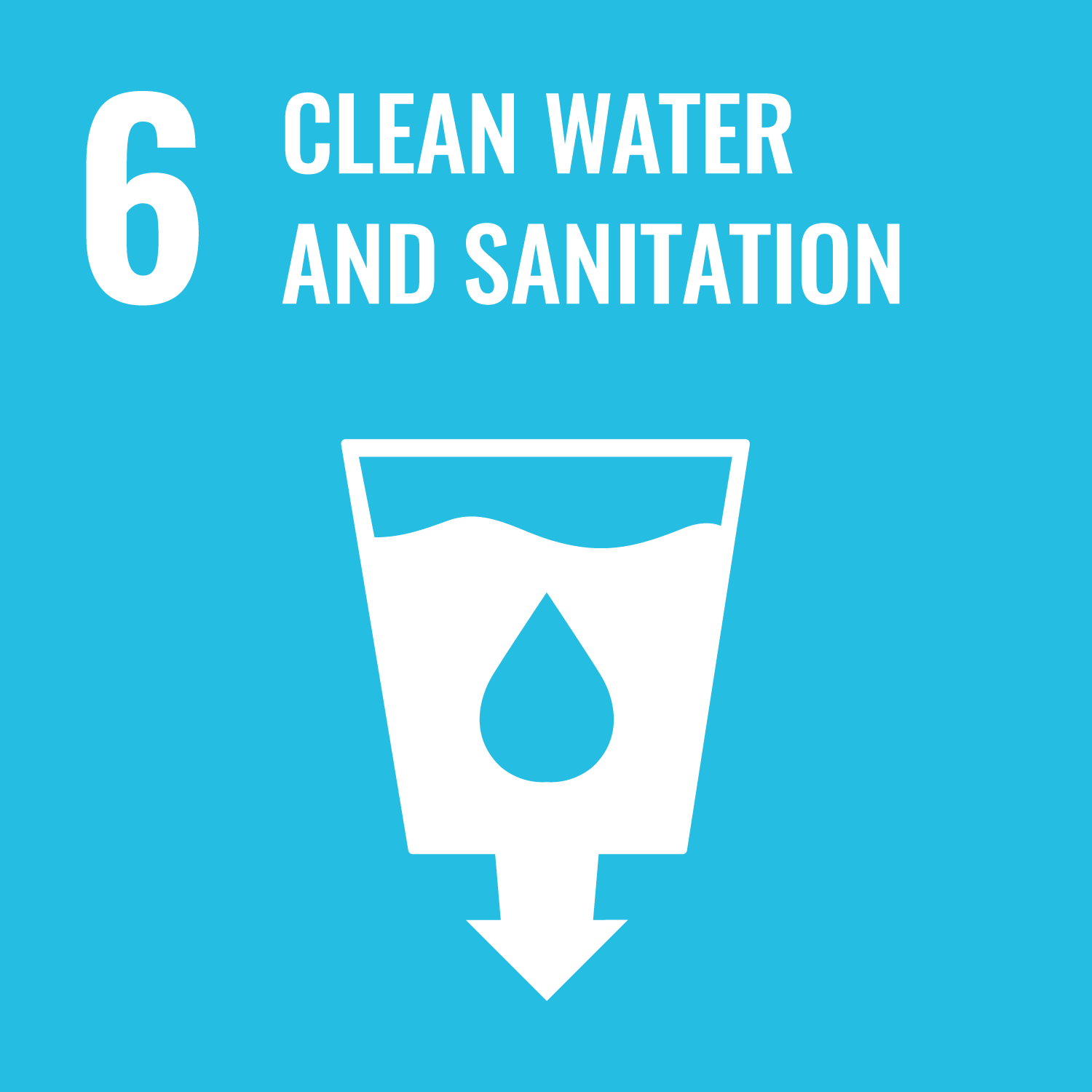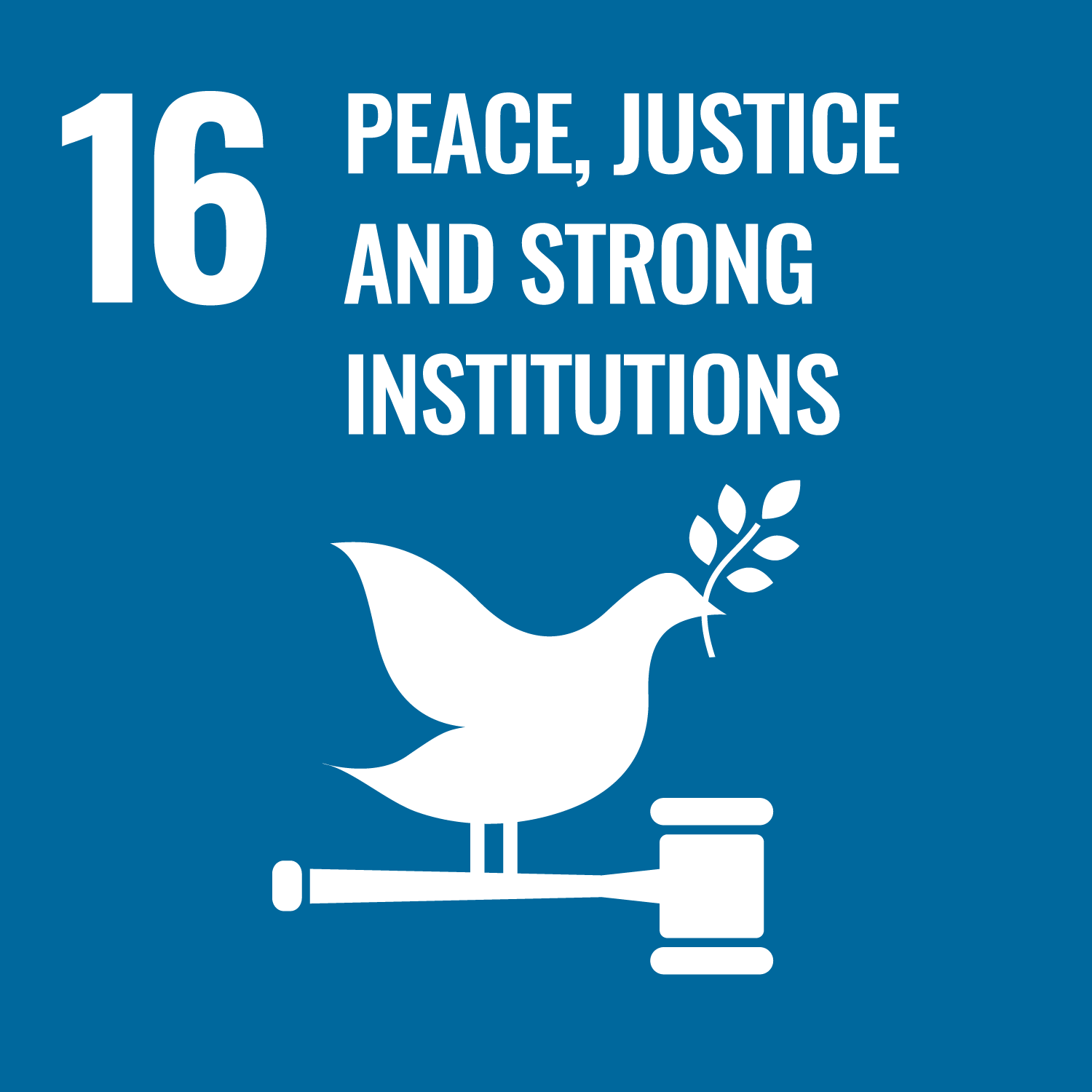This article reviews the transgender experiences of accessing sanitation in South Asia, comprising three main sections: (1) terminology and contextual information surrounding gender identity in South Asia, (2) three case studies of trans-inclusive sanitation practices, and (3) recommendations for how WASH programmes can promote transgender inclusivity.
The first section provides a helpful overview of statistics on the number of transgender-identifying peoples in South Asia, as well as the diversity of terms used to describe gender-variant identities. This comes with the acknowledgment that these terms express more than ‘third gender’ across different languages, but are indicative of distinct traditions, communities or social groups within specific contexts. The second section provides three case studies. The first case study from Nepal identifies a series of milestones Nepal has achieved in progressive policy reform surrounding a third gender category, such as the inclusion of an ‘other’ category on passports. In spite of these progressive reforms, transgender individuals in Nepal lack adequate legal protection, and still come up against barriers such as violence in employment, family, healthcare and education. Although Nepal has created a number of public third gender toilet block facilities, the authors raise concerns about the lack of public awareness around the users of these toilets, leading to potential unintended, negative consequences for those transgender individuals who do not identify as third gender, and therefore do not want to use such facilities.
The second case study identifies how sanitation was used as a vehicle for inclusion in Manipur, India, namely through a local trans advocacy group raising awareness, advocating for the inclusion of trans people in educational institutions, and building new gender-neutral toilets. The third case study recognises the power transgender people in civil society hold to act as drivers of change and reform. In particular, the case study references the effort of transgender people during a one-day Action Summit in Mumbai, where issues relating to sanitation and hygiene for transgender individuals were voiced. Crucially, this resulted in a successful anti-open defecation programme that in turn achieved not only hygiene and sanitation for those individuals, but also allowed transgender facilitators of the project to be recognised as ‘full citizens’, able to contribute to nation building.
Finally, the recommendations section concluded that basic services on their own were not enough to guarantee transgender identifying individuals access to water and sanitation. Instead, these rights need to be enshrined in law, public education and awareness programmes, protections against violence and discrimination, adequate facilities and in the agency of transgender individuals to contribute to projects of self-empowerment and development concerning WASH.








